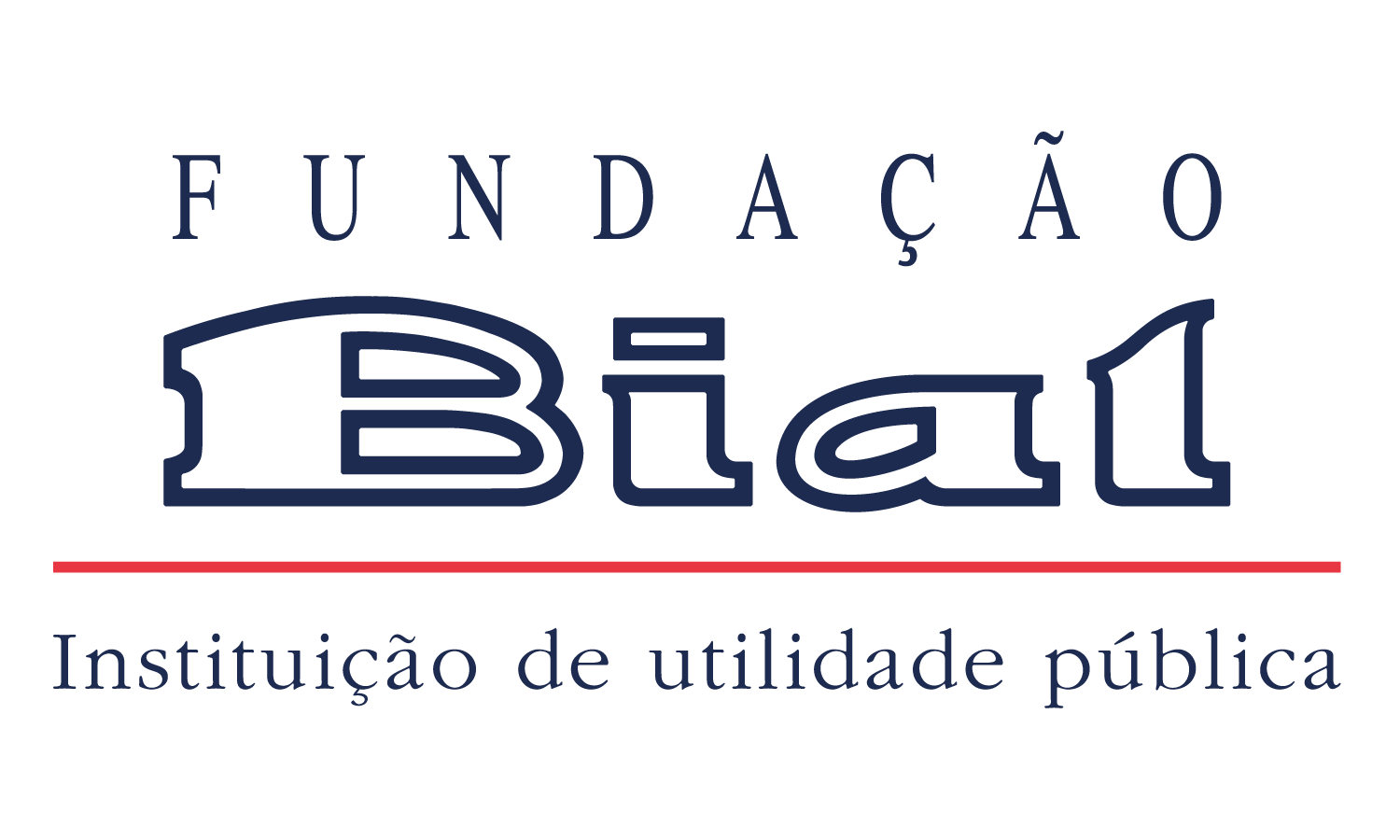No âmbito do projeto de investigação 92/18 - Attending mindfully: A psychophysiology study of sensory processing in meditators, apoiado pela Fundação BIAL, Veena Kumari e colegas examinaram o efeito da prática regular de meditação nos paradigmas de modulação da resposta com sobressalto, especificamente na habituação e na inibição por pré-pulso (PPI), comparando os grupos de meditadores (n = 32) e não meditadores (n = 36). Não encontraram diferenças significativas, em média, entre meditadores e não meditadores na habituação ou na PPI, mas os meditadores que relataram ser capazes de entrar facilmente num estado em que a consciência de si mesmos e dos outros/ambiente é percebida como uma só, sem separação (consciência não-dual), durante a prática de meditação, apresentaram maior PPI, em relação àqueles que não conseguiram. Estes resultados sugerem que as características diferenciais do processamento sensorial dos meditadores podem explicar as diferenças subjetivas na experiência de meditação. Mais informações estão disponíveis no artigo Non-dual awareness and sensory processing in meditators: Insights from startle reflex modulation publicado na revista científica Consciousness and Cognition.
ABSTRACT
Startle modulation paradigms, namely habituation and prepulse inhibition (PPI), can offer insight into the brain’s early information processing mechanisms that might be impacted by regular meditation practice. Habituation refers to decreasing response to a repeatedly-presented startle stimulus, reflecting its redundancy. PPI refers to response reduction when a startling stimulus “pulse” is preceded by a weaker sensory stimulus “prepulse” and provides an operational measure of sensorimotor gating. Here, we examined habituation and PPI of the acoustic startle response in regular meditators (n = 32), relative to meditation-naïve individuals (n = 36). Overall, there was no significant difference between meditators and non-meditators in habituation or PPI, but there was significantly greater PPI in meditators who self-reported being able to enter and sustain nondual awareness during their meditation practice (n = 18) relative to those who could not (n = 14). Together, these findings suggest that subjective differences in meditation experience may be associated with differential sensory processing characteristics in meditators.

































































































